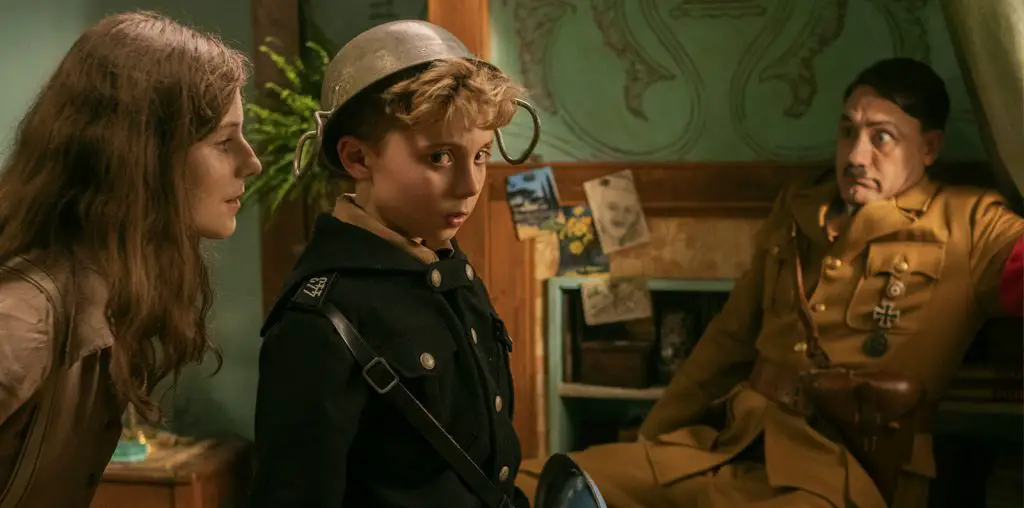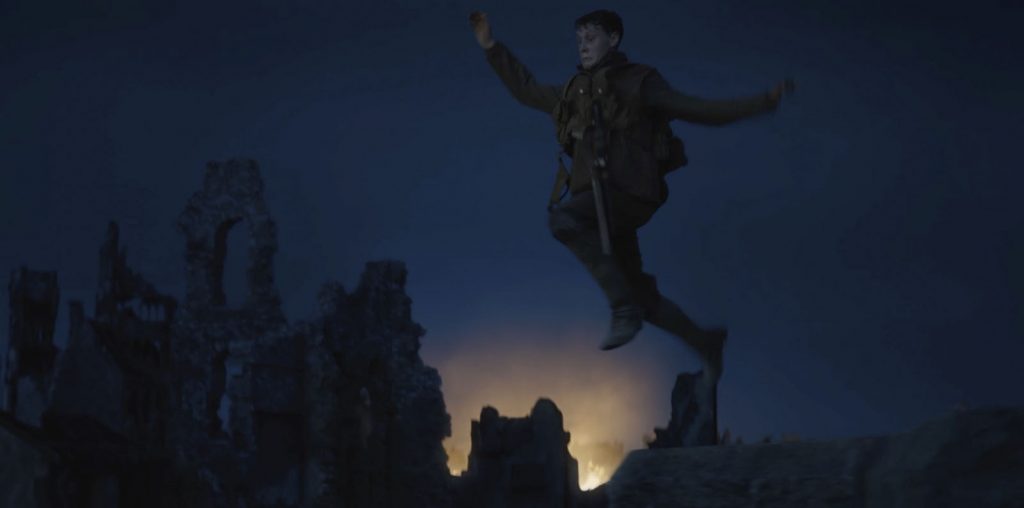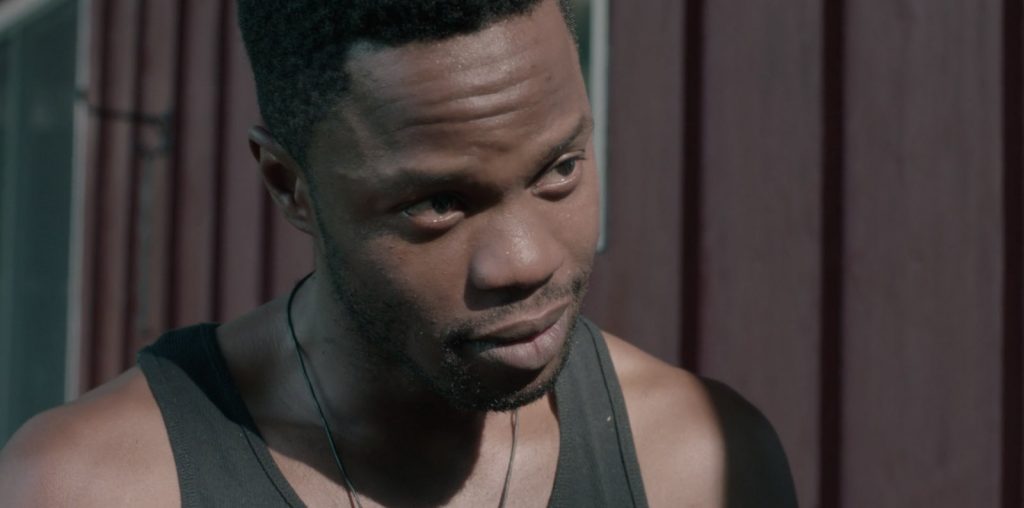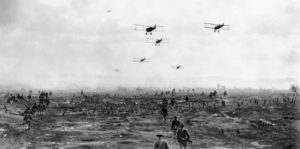
With the Oscars just around the corner, the Film Threat writers review films during a time when the Best Picture was actually the Best Picture.
The Oscars have been regularly known worldwide to be one of the biggest awards shows every year. Celebrating films for nearly 100 years at this point, the Academy Awards have recognized greats such as American Psycho and Rebel Without a Cause. In the first-ever ceremony, in 1929, Wings took the world by storm and won the award for Best Picture, cementing its name in the history books and kickstarting a tradition of cinematic greatness. Directed by William A. Wellman, it is a powerful story of camaraderie and love that has stood the test of time.
It’s 1917, and the United States has just entered World War I. With the global threat of the Central Powers continuing to rise, men from around the country must step up and fulfill their duty as Americans. Jack Powell (Charles ‘Buddy’ Rogers) and David Armstrong (Richard Arlen) are from different walks of life, but both leave home to join the cause and become fighter pilots. However, they have something else in common: they both love the same woman, Sylvia Lewis (Jobyna Ralston). Upon realizing this, they are now pitted against one another, while Mary (Clara Bow) pines for Jack. Will the two men find common ground, or will their love for the same woman create a maelstrom of issues?
I love silent movies. They are a completely different way of experiencing cinema, and it forces viewers to appreciate other aspects of filmmaking, ones that may often be overlooked during a film with dialogue. Wings is no different. Accompanied by a score and running more than two hours, there is something quite magical about the Oscar winner. First off, how did J.S. Zamecnik compose such a beautifully melodic score without so much as a hiccup? The music parallels the sentiments present, creating something audibly relevant for viewers, who then develop a better understanding of the plot. Now, I’m no expert on music, but it seems to me that what Zamecnik created is perfect. It compliments every other aspect of the production, and the war drama is better as a result.
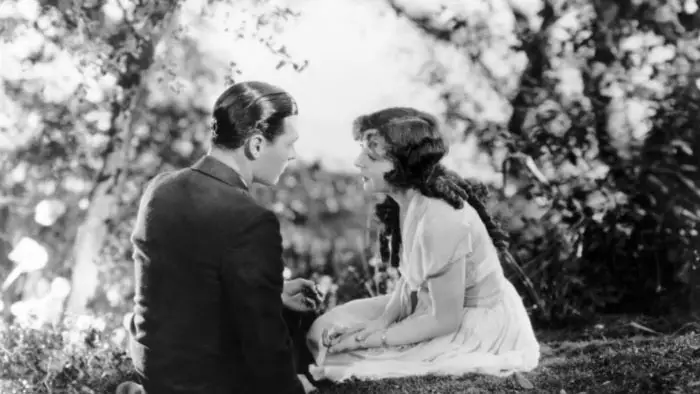
“Jack Powell and David Armstrong…become fighter pilots.”
I’ve always found it interestingly funny to see actors in silent movies speaking to one another because, well, viewers can’t hear them. However, it’s part of the acting process, and I find it quite beautiful. Seeing Mary, David, Jack, and Sylvia have full-on conversations with one another (and the others) is, to a degree, comical, but the reason behind their performances is brilliant – and their prowess is brought to life by that process and their dedication to the art form.
No one can really expect too much in terms of special effects (I use that term lightly) from a film released in 1927, but there is something spectacular about what Wings does here. What afforded them a win for Engineering Effects are some of the best moments of the entire movie. Creating workable structures to express the story was the absolute best way to, and the situations in which everyone finds themselves in become real, truly setting it apart from its competition.
Cinema has come a long way since the 1920s, so there’s no way to compare a product from that time to a similar one from the modern-day with any equitability. Wings, however, stands the test of time and remains a masterpiece. Wellman beautifully constructed the entire production, from its score to the acting, its effects, and the cinematography. In my opinion, it’s not possible to create a perfect film, but Wings, in all of its cinematic glory, comes incredibly close.
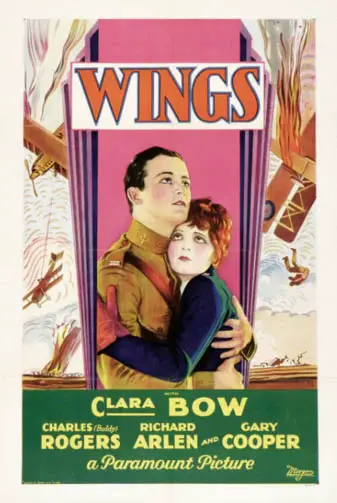
"…stands the test of time and remains a masterpiece..."
